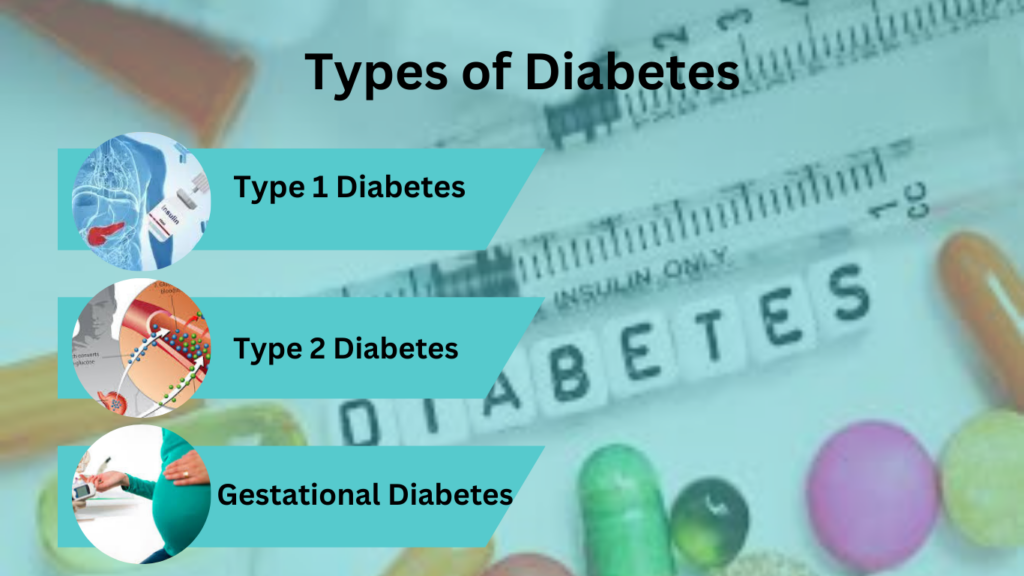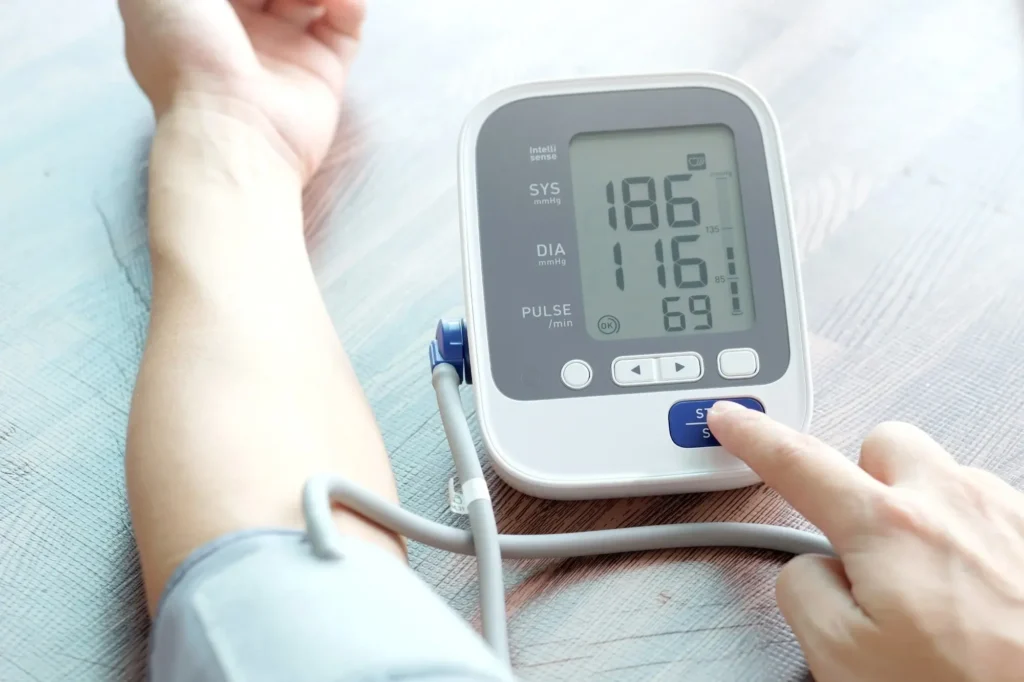Diabetes is a chronic condition that affects millions of people worldwide. Understanding the causes of diabetes and how to prevent it is crucial to managing and reducing its prevalence. This article dives into the top 10 causes of diabetes and offers practical prevention tips.
Types of Diabetes

Type 1 Diabetes
Type 1 diabetes is an autoimmune condition where the body attacks insulin-producing cells in the pancreas. It often develops in childhood but can occur at any age. Learn more about Type 1 Diabetes.
Type 2 Diabetes
Type 2 diabetes is more common and is usually related to lifestyle factors. The body becomes resistant to insulin or doesn’t produce enough, leading to high blood sugar levels. Medications like Rybelsus 3 mg💊(semaglutide) can be used to help manage blood sugar levels by enhancing the body’s natural insulin secretion and improving blood sugar control.
Gestational Diabetes
Gestational diabetes occurs during pregnancy and can increase the risk of developing type 2 diabetes later in life. It requires careful management to ensure the health of both mother and baby.
1. Genetics and Family History

If diabetes runs in your family, you may have a higher risk of developing the condition. While you can’t change your genetics, knowing your family history can help you take proactive steps.
Prevention Tip: Maintain a healthy lifestyle, monitor your blood sugar levels regularly, and consult your doctor for personalized advice.
2. Obesity

Excess body weight, especially around the abdomen, significantly increases the causes of diabetes. Fat cells, particularly visceral fat, can cause insulin resistance.
Prevention Tip: Aim for a balanced diet of fruits, vegetables, and lean proteins. Regular physical activity is also essential. Set realistic weight-loss goals and track your progress.
3. Physical Inactivity

A sedentary lifestyle is one of the major causes of diabetes. Lack of physical activity can lead to weight gain and insulin resistance.
Prevention Tip: Incorporate 30 minutes of moderate exercise, like brisk walking or cycling, into your daily routine. Consider activities you enjoy to make exercise a regular part of your life.
4. Poor Diet

Consuming a diet high in refined sugars, unhealthy fats, and processed foods can increase the risk of diabetes. These foods can lead to weight gain and poor blood sugar control.
Prevention Tip: Focus on a diet rich in whole grains, lean proteins, and healthy fats. Limit sugary beverages and processed foods. Opt for water, herbal teas, and natural snacks.
5. Age

As we age, our risk of developing diabetes increases. This is partly due to the natural decline in insulin production and increased insulin resistance.
Prevention Tip: Stay active and maintain a healthy diet as you age. Regular check-ups with your healthcare provider can help monitor and manage your risk.
6. High Blood Pressure

Hypertension is closely linked to diabetes. High blood pressure can damage blood vessels and contribute to insulin resistance.
Prevention Tip: Monitor your blood pressure regularly. Reduce sodium intake, maintain a healthy weight, and engage in regular physical activity.
7. High Cholesterol Levels

Elevated cholesterol levels, particularly LDL (low-density lipoprotein) cholesterol, can increase the risk of developing diabetes. High cholesterol can lead to atherosclerosis, which can impair blood flow and insulin delivery.
Prevention Tip: Eat a heart-healthy diet, avoid trans fats, and include foods rich in omega-3 fatty acids. Regular exercise and medications, if prescribed, can help manage cholesterol levels.
8. Polycystic Ovary Syndrome (PCOS)

PCOS is a condition in women characterized by irregular menstrual periods, excess hair growth, and obesity. It is associated with insulin resistance, which can increase the risk of diabetes.
Prevention Tip: Manage your weight through a healthy diet and regular exercise. Medications and lifestyle changes can help regulate menstrual cycles and insulin levels.
9. Hormonal Changes

Certain hormonal conditions, such as Cushing’s syndrome and hyperthyroidism, can increase the risk of diabetes. These conditions affect the body’s ability to use insulin properly.
Prevention Tip: To manage hormonal changes and reduce the risk of diabetes, it’s crucial to have regular health check-ups to monitor hormone levels, maintain a healthy diet, and maintain a healthy weight through balanced eating and regular exercise.
10. Gestational diabetes

Gestational diabetes occurs during pregnancy and increases the risk of developing type 2 diabetes later in life.
Prevention Tip: Women with a history of gestational diabetes should have regular screenings post-pregnancy and adopt a healthy lifestyle to manage their risk Regular Exercise: Stay active throughout your pregnancy.
Conclusion
Understanding the top causes of diabetes and how to prevent them can significantly reduce your risk. By making healthy lifestyle choices and staying informed, you can manage or even prevent diabetes. Remember, it’s never too late to start making positive changes!



